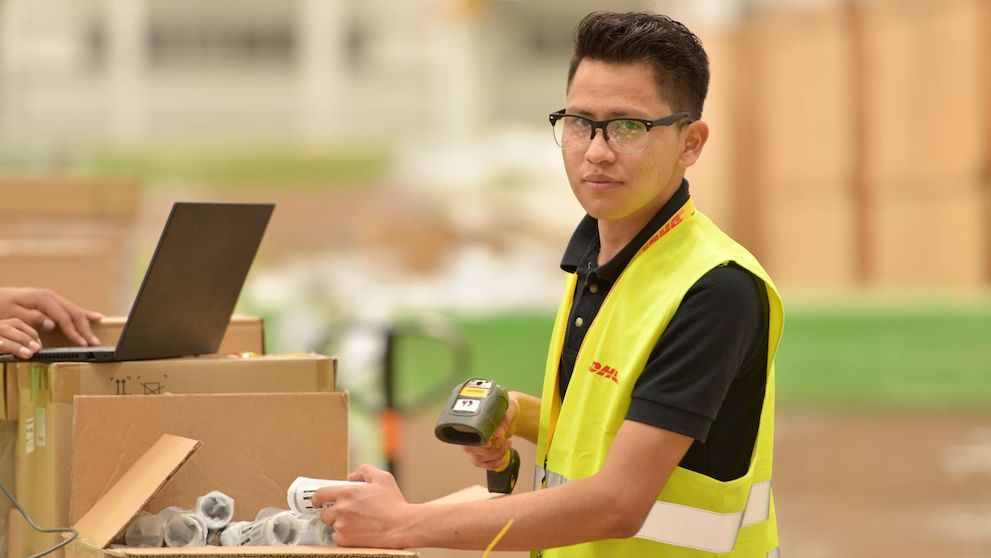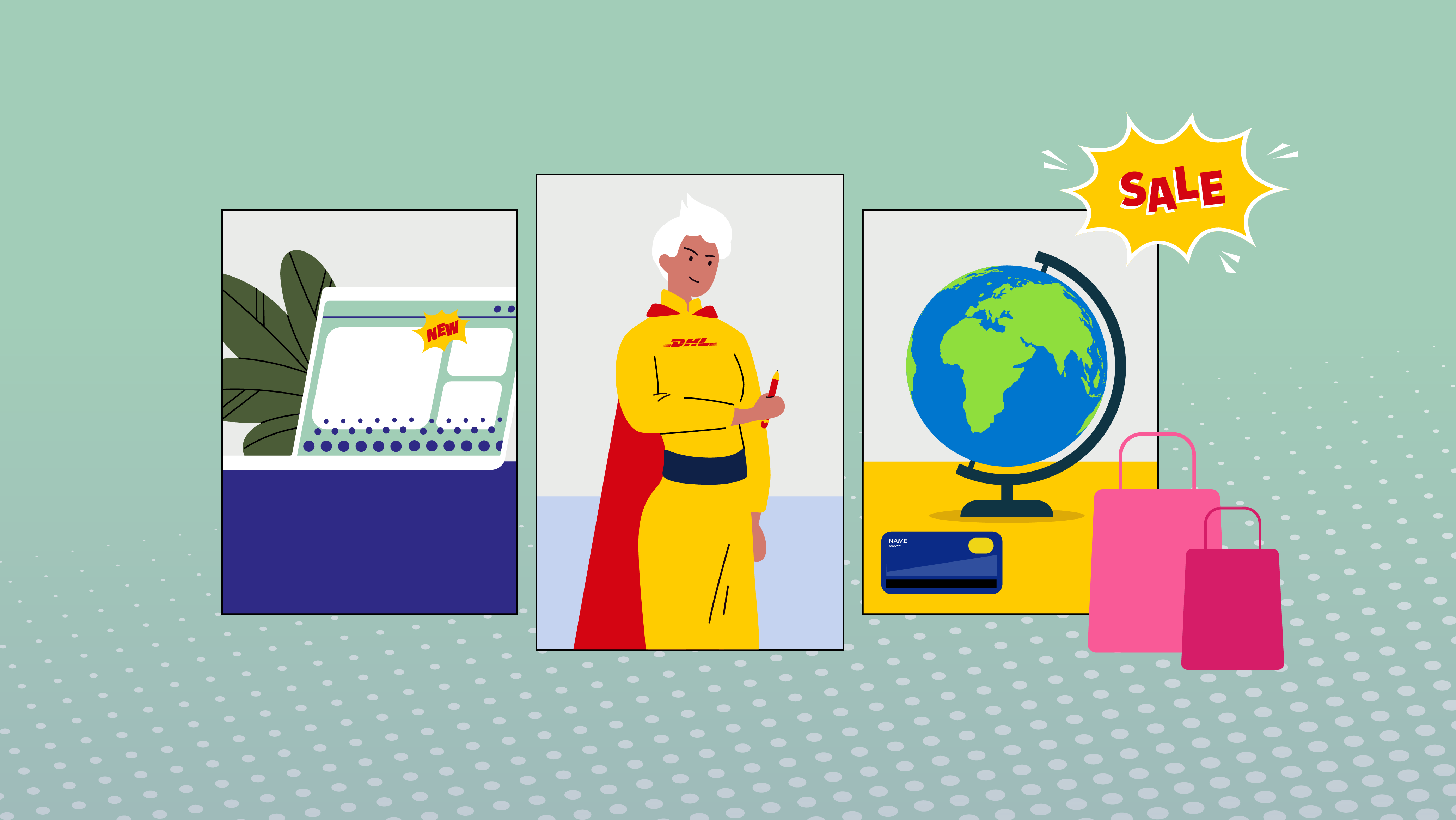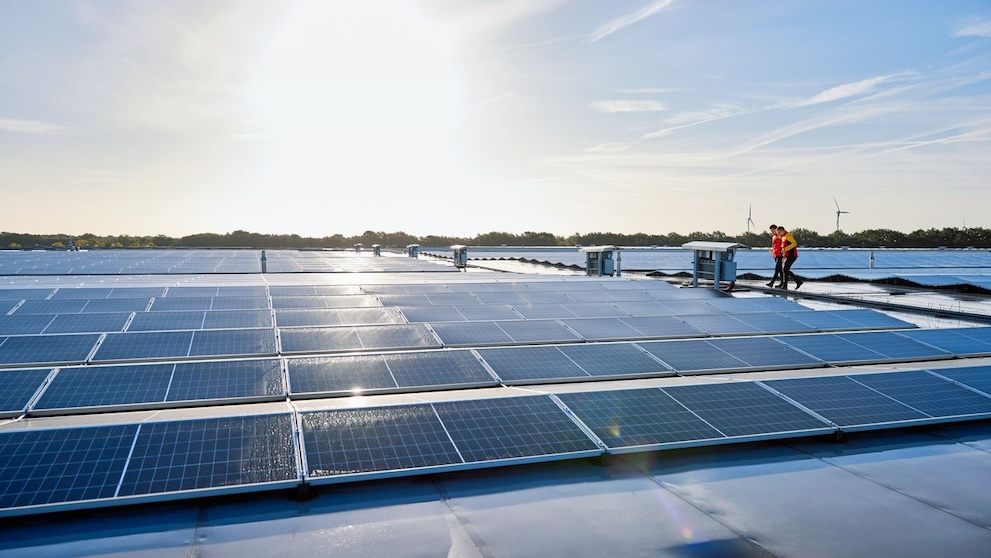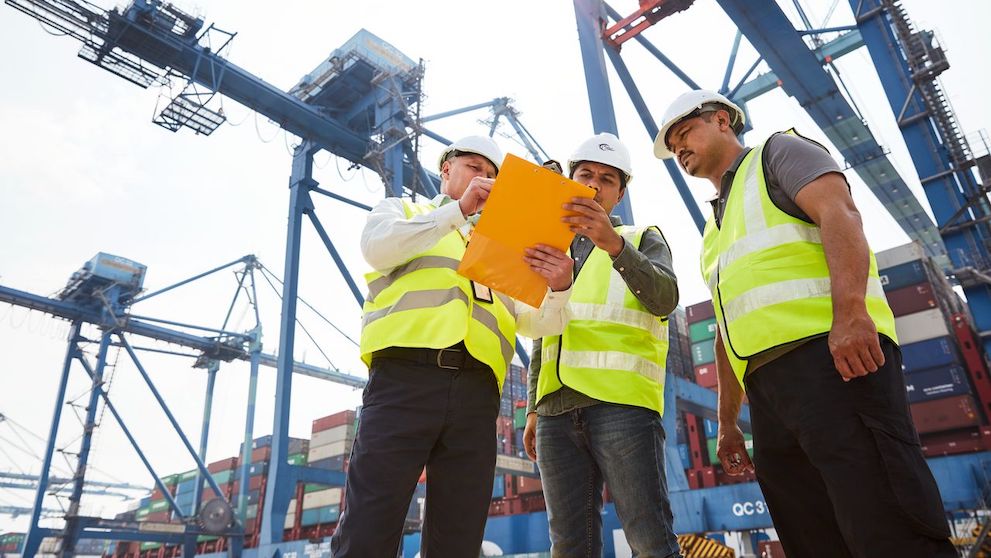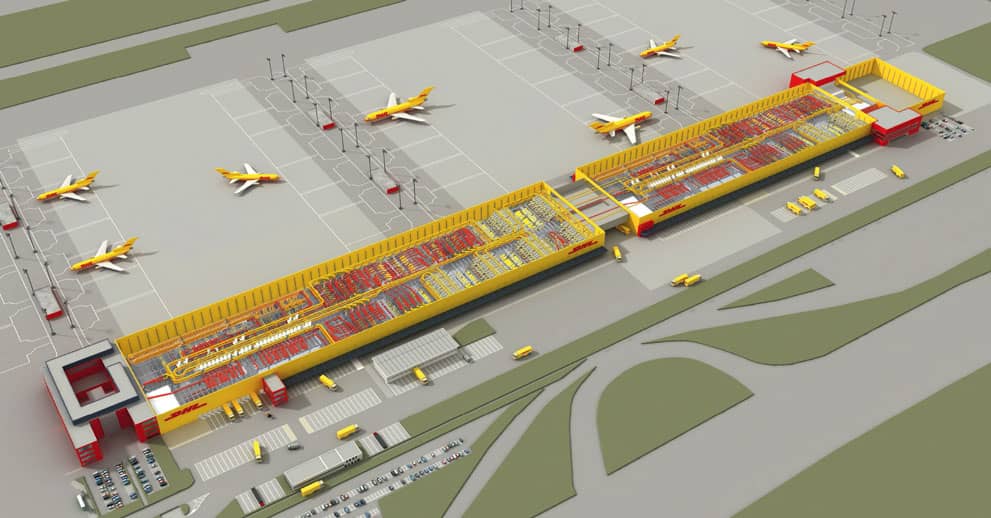Logistics is one of the most rapidly changing industries of the modern world. Yet, the possibilities of what logistics could be like have been revolutionised with the introduction of blockchain technology in recent years.
What is a blockchain
Blockchain is a type of digital ledger technology that uses cryptography to secure and validate transactions. The ledger is composed of a series of blocks, each of which contains a number of transactions. Once a block is added to the blockchain, the data within it cannot be altered, creating an immutable record of all transactions.
It is essentially a decentralised and distributed ledger that is maintained by a network of users, rather than a central authority.
So, how is blockchain being used and what are the advantages of this technology in logistics 4.0?
How DHL Express embraces blockchain technology and its disruption in logistics
As a global leader in e-commerce and logistics, DHL Express has been actively researching and exploring the potential uses of blockchain technology in logistics and supply chain management.
By combining it with our identification of the logistics industry's key challenges, DHL Express is positioning itself at the forefront of the blockchain revolution.
How can blockchain help businesses in Indonesia gain competitive advantage
One of the key areas where DHL Express sees the potential for blockchain disruption is in the area of supply chain transparency and traceability. Blockchain technology can provide real-time visibility into the location and status of shipments, allowing for improved efficiency and reduced risk of delays or errors. This can be especially beneficial for businesses in Indonesia, where the logistics industry is known for its complexity.
Another area where DHL Express believes blockchain disruption is possible is in security and fraud prevention. Blockchain technology is based on a decentralised and distributed ledger, making it nearly impossible to tamper with or corrupt the data. This can help to reduce the risk of fraud and other security risks, which can be a major concern for businesses in Indonesia, especially e-commerce companies.
DHL Express is also exploring the use of blockchain technology in the area of customs and trade compliance. Blockchain can provide a secure and transparent way to track and manage trade documents such as bills of lading, helping to improve the efficiency and accuracy of customs clearance processes.
In addition to these benefits, DHL Express also sees potential for blockchain to streamline logistics processes through the use of smart contracts. Smart contracts are digital contracts that automatically execute when certain conditions are met. This can help to automate the tracking of shipments and payments, reducing the need for manual intervention.
